Table of Contents
The best way to help The Langley Union grow is simple: share this newsletter. Forward it to a friend, mention it to your family, or post it on social media and encourage others to subscribe.
Langley Township Mayor Eric Woodward has expanded his political reach beyond municipal boundaries, registering three separate elector organizations with Elections BC for the upcoming 2026 civic elections.
Progress for Langley, the renamed version of Woodward's former Contract with Langley slate, is now registered to run candidates in Langley Township, Langley City, and the Langley School District.
Under BC's electoral laws, elector organizations function as municipal political parties, requiring a minimum of 50 eligible voters and formal registration with Elections BC.
This gives the organizations legal authority to endorse candidates, coordinate campaigns, and have their names appear on ballots alongside endorsed candidates.
The move represents a significant expansion of Woodward's political influence across the Fraser Valley region.
Progress for Langley currently holds a majority on Langley Township council, and Woodward's registration suggests potential campaigns in jurisdictions where his slate has never operated before.
Public Safety Concerns Drive Political Expansion
In speaking with the Aldergrove Star, Woodward cited public safety concerns as his primary motivation for considering candidates in Langley City.
The mayor, who grew up in the City, said "it continues to bother me how poorly it's governed, especially in terms of providing for public safety."
"Given our community's unique geography, this ideological lack of real-world concern for badly needed public safety investments given the state of its downtown core impacts all of Langley, not just City of Langley residents," Woodward told the Langley Advance Times.
He characterized the current City administration as "very ideological" and "more focused on virtue signaling than addressing blatantly obvious issues."
Woodward emphasized that no final decision has been made about running candidates in the City, saying his organization would "want to hear from the community first whether or not that is of interest."
Notably, any current challenges in Langley City's policing may stem partly from Woodward's own decisions.
His Township council voted to end the shared RCMP detachment that had efficiently served both communities for years.
The split will require Langley City to establish separate police facilities, disrupting established law enforcement coordination just as Woodward questions the City's public safety effectiveness.
Crime Statistics Tell Different Story
Recently released Statistics Canada data presents a markedly different picture of public safety in Langley City than the one that Woodward portrays.
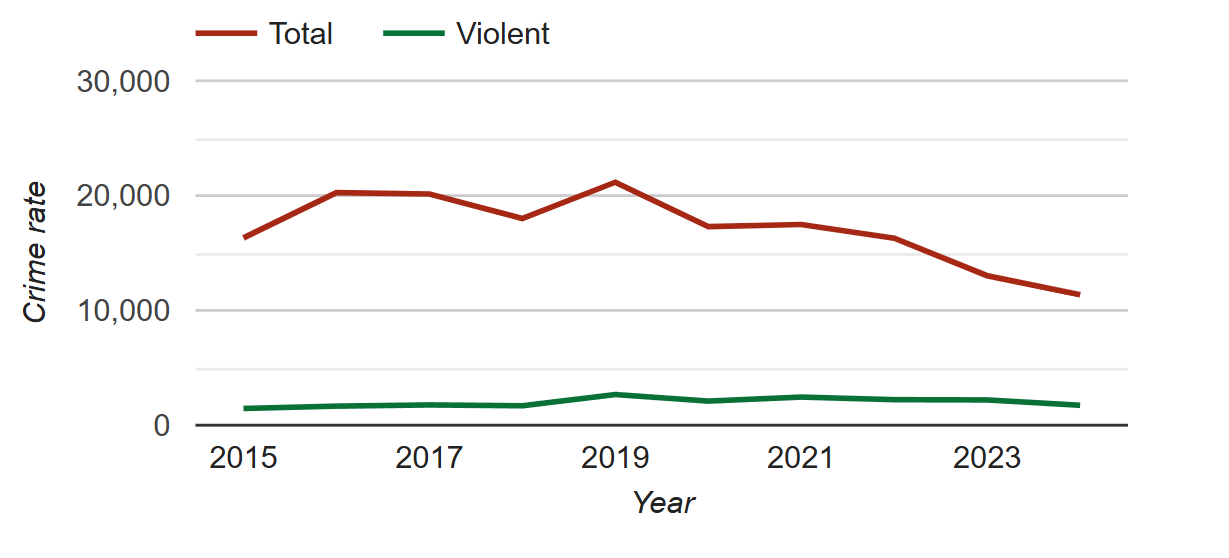
The municipality's Crime Severity Index has reached its lowest level since 1998, dropping to 108.71 in 2024.
Both total crime rates and violent crime rates have declined significantly, with total crime falling to 11,368.78 per 100,000 population and violent crime dropping to 1,735.76 per 100,000 population.
The data shows a clear downward trend over the past decade, with Langley City's crime statistics reaching 25-year lows across multiple categories.
The Crime Severity Index, which weighs both volume and seriousness of crimes, provides a more nuanced picture than raw crime numbers alone.
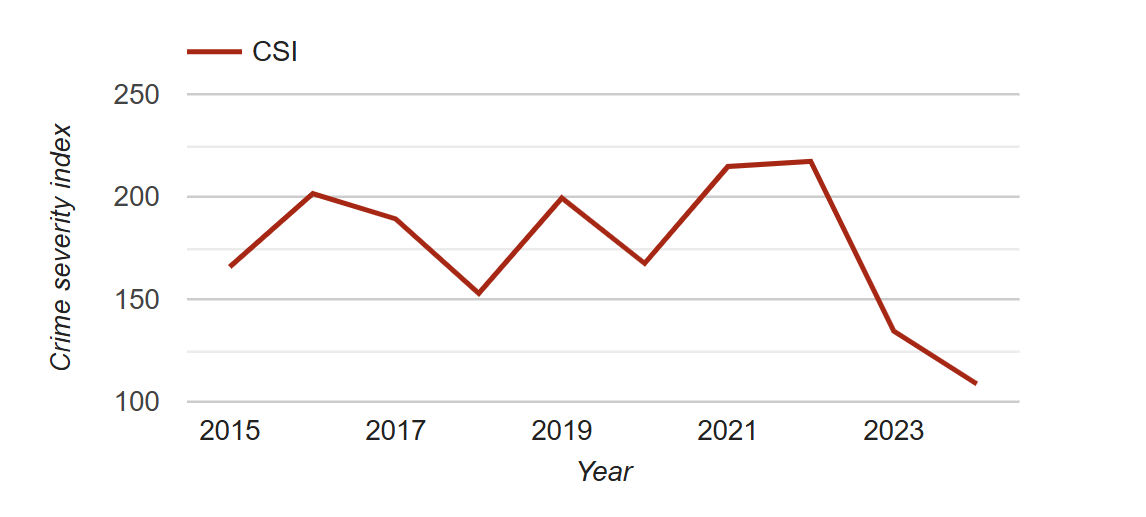
Notably, the statistics include corrections for data entry issues between 2015-2022, where child pornography incidents were incorrectly attributed to Langley City. The corrected data reinforces the downward crime trend rather than undermining it.
Financial Pressures in the Township
The timing of Woodward's expansion raises questions about underlying motivations, particularly given recent financial challenges facing Langley Township.
In June 2025, the BC Supreme Court delivered a devastating ruling against the Township's Community Amenity Contribution (CAC) development fee policy, declaring it "invalid" and legally unenforceable.
The court found that the Township was operating beyond its statutory authority by "coercing developers to make payment of unauthorized levies as a condition of the development process."
This ruling has significant financial implications, as the Township had borrowed hundreds of millions of dollars for major projects including the Soccer Campus and arena expansions at the Langley Events Centre, with CAC fees intended to service that debt.
Following the court decision, developers can now legally refuse to pay the fees that were central to the Township's financial planning.
Walnut Grove resident James Hansen warned in a letter to local media that "there's a real possibility taxpayers could be on the hook for servicing the debt" given the uncertainty around future fee collection.
Compounding concerns, Woodward's council authorized an additional $100 million in borrowing immediately after the court ruling, despite having no legal mechanism to collect the fees needed to service existing debt.
The Amalgamation Question
These financial pressures may provide context for Woodward's interest in expanding political control to Langley City.
Municipal amalgamation would immediately provide the Township with access to significant new revenue streams, most notably the annual payout from Cascades Casino.
According to provincial financial documents, Cascades Casino generated $6,030,084.96 in revenue for Langley City in fiscal year 2021/22 (source), the most recent data available.
This represents a substantial and stable revenue source that could help address the Township's debt servicing challenges.
Amalgamation would also position a combined municipality to benefit from increased development activity around the upcoming SkyTrain extension to Langley City Centre.
The new rapid transit connection is expected to drive significant residential and commercial development, generating substantial development fees and property tax revenue.
School District Implications
Woodward's registration with the Langley School District adds another dimension to his expansion strategy.
School boards control significant budgets and infrastructure decisions that affect both municipalities. Control over educational governance could provide additional leverage in any future amalgamation discussions.
Questions of Municipal Independence
If amalgamation is indeed the underlying strategy, it raises significant questions about municipal autonomy and democratic representation.
Langley City residents might reasonably ask whether their community is being targeted not for the public safety improvements Woodward cites, but as a financial solution to problems created by Township governance decisions.
The prospect of a neighboring municipality's leadership seeking electoral control to access local revenue streams presents an unusual dynamic in Fraser Valley politics.
City residents who have built a stable financial foundation and achieved measurably improved public safety outcomes may question why their tax dollars and casino revenues should be redirected to service debt accumulated by neighboring municipal governments.
The timing is particularly striking: just as Langley City reaches historic lows in crime statistics and enjoys strong fiscal health bolstered by incoming SkyTrain investment and promising development opportunities, it finds itself in the crosshairs of political expansion from a neighboring municipality facing court defeats and debt service challenges.
The school district registration adds another layer to these concerns, as it could provide influence over educational decisions affecting both communities, potentially creating additional pressure points in any future amalgamation scenario.
The 2026 municipal elections will be held on October 17, giving Woodward's organizations time to assess community interest and develop candidate slates.
Whether this expansion represents genuine public safety concerns or strategic positioning for municipal consolidation remains to be seen.
What is clear is that Woodward's political ambitions now extend well beyond Township boundaries, potentially reshaping the governance landscape across the entire Langley region.
For City residents, the question may ultimately be whether they view this expansion as neighborly cooperation or an unwelcome takeover attempt driven by financial necessity rather than community benefit.
References and Resources

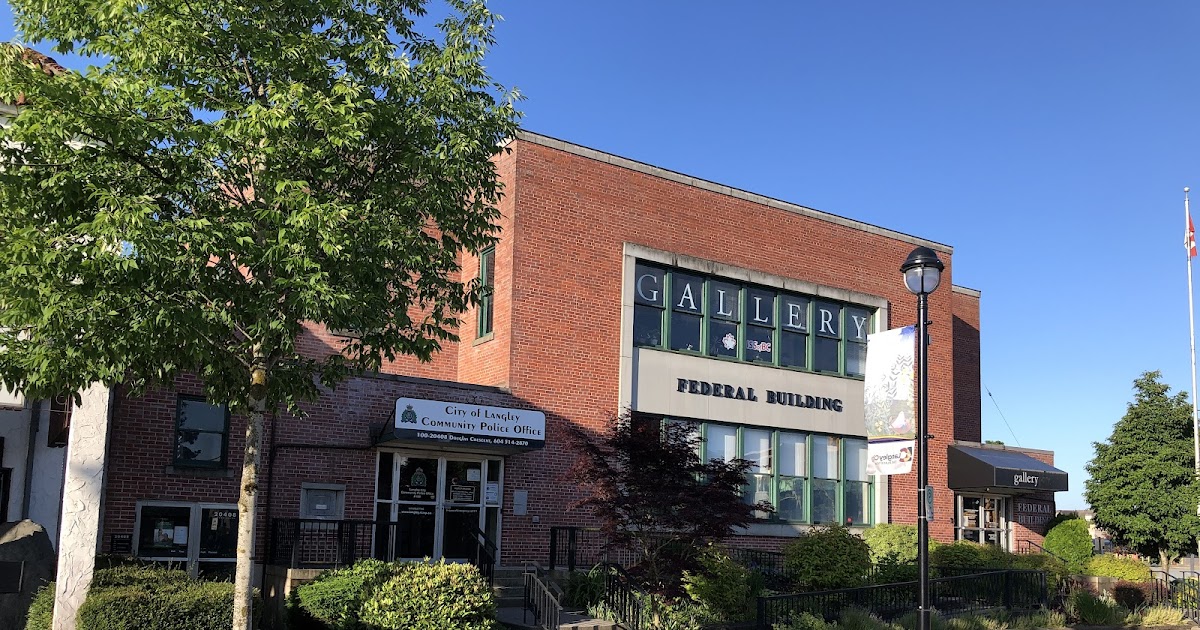
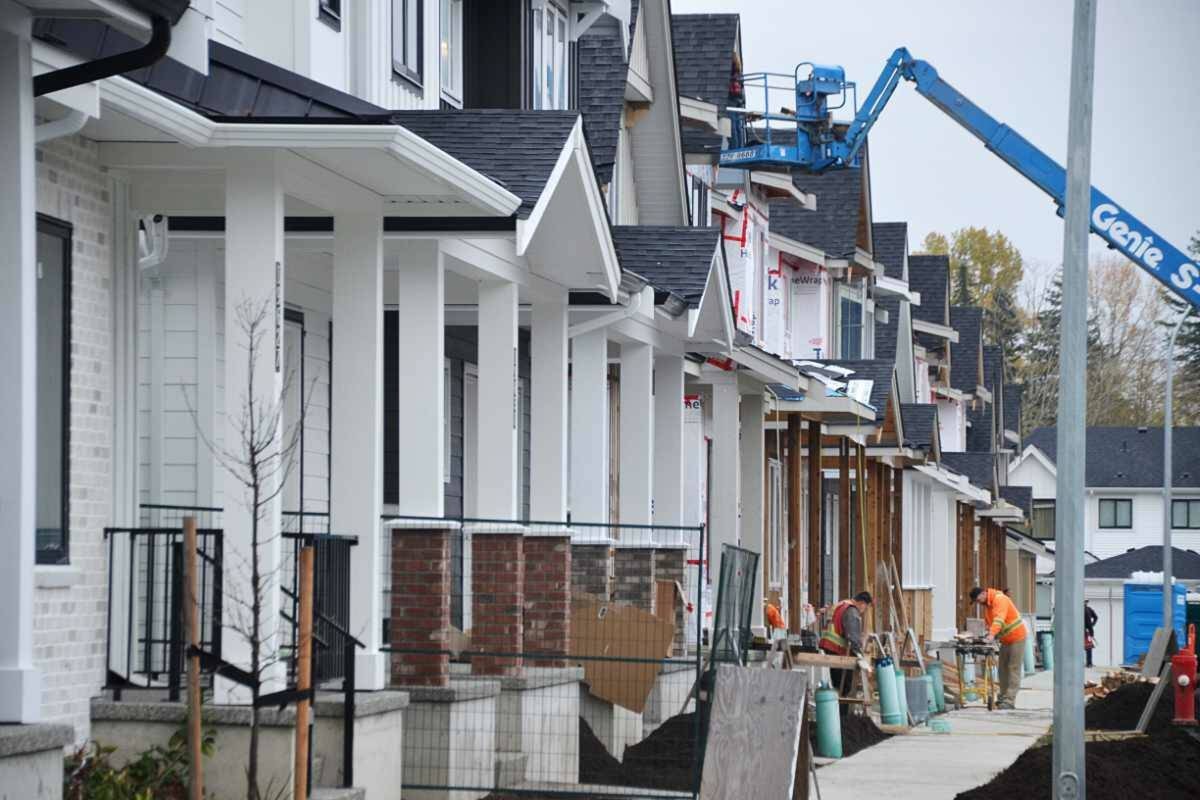
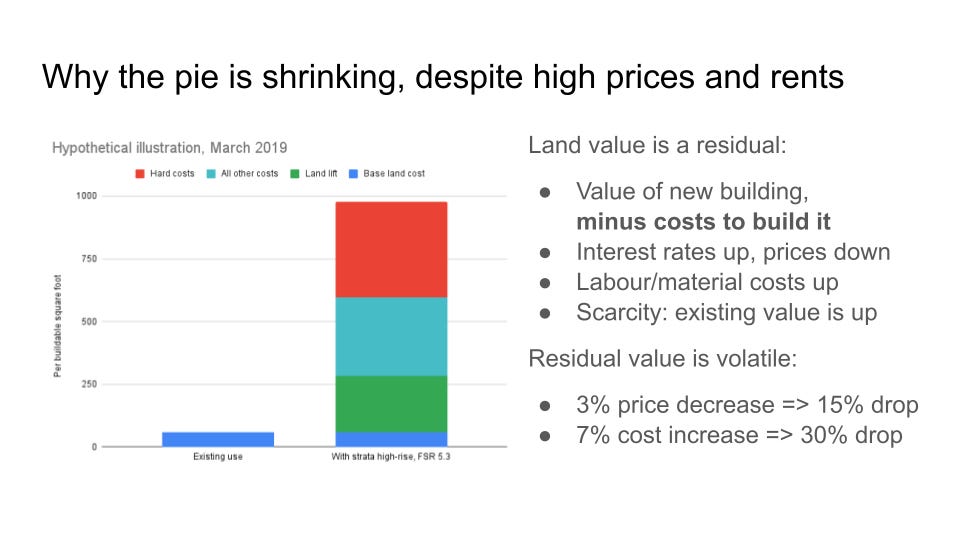
What did you think of this story?
Take our quick 2-minute survey to let us know how we're doing and what topics you'd like to see The Langley Union cover next.





